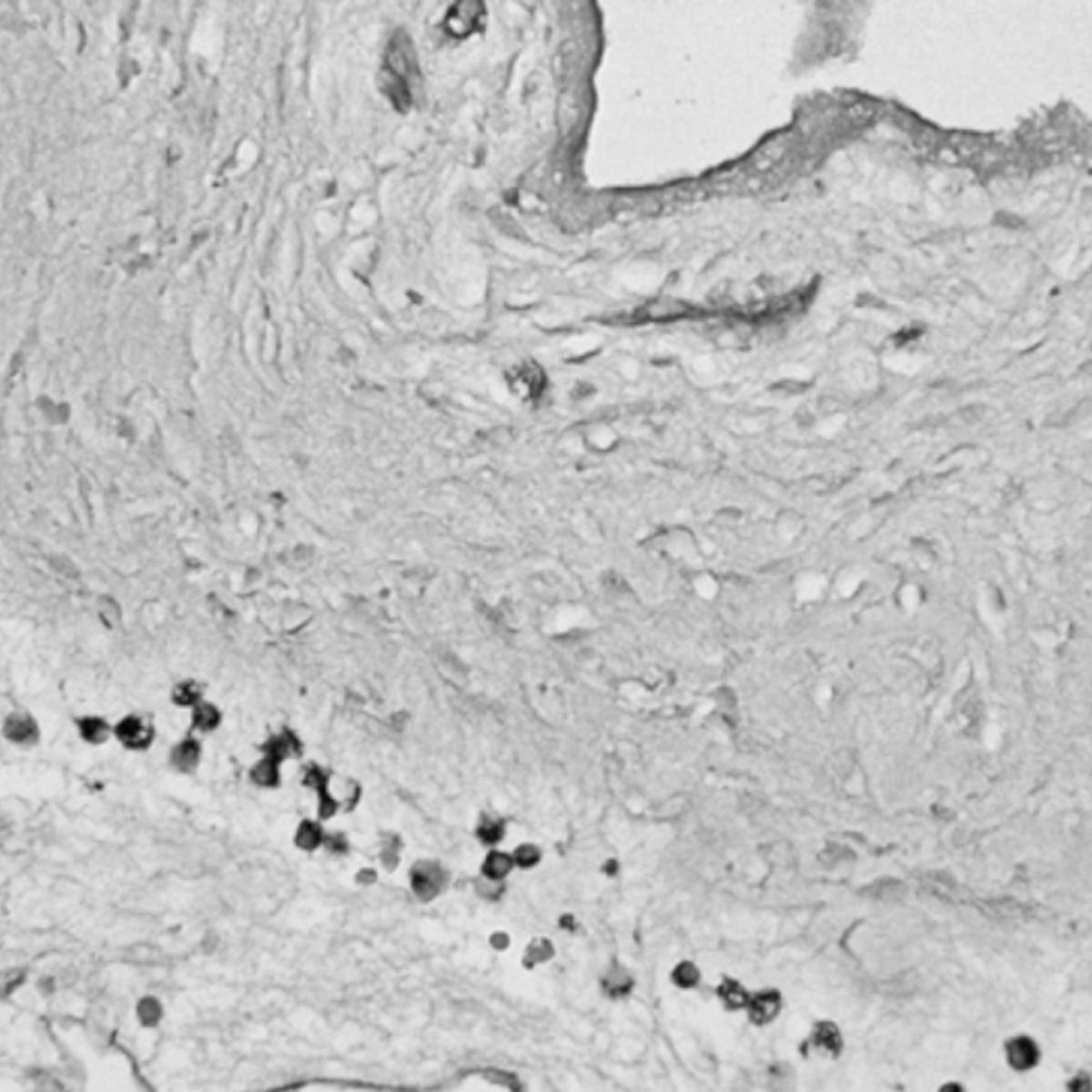
Douglas Black, Ph.D.
- Distinguished Professor and Vice Chair, Microbiology, Immunology and Molecular Genetics

Douglas Black, Ph.D., studies pre-mRNA splicing and its role in the genetic regulation of biological processes including stem cell differentiation, tumor progression and inflammation. He seeks to identify how errors in RNA splicing contribute to many aspects of human diseases including neurodegenerative disorders, cancers and inherited genetic disorders.
Black works on a range of projects related to the control of pre-mRNA splicing and its role in gene regulation. He studies the mechanisms of action of splicing regulators, as well as how these regulators affect biological processes such as cellular differentiation, tumor progression and the inflammatory response. He has long-standing projects examining two families of regulatory factors: the polypyrimidine tract binding, or PTB, proteins and the Rbfox proteins.
In mechanistic studies, Black uses biochemical methods, in vitro systems and structural analyses to examine the molecular interactions of these proteins and analyze how they can alter spliceosome assembly. In biological studies, Black has shown that the PTB proteins control regulatory programs during early and late neuronal differentiation and are required for proper neuronal maturation and synaptogenesis. The Rbfox proteins control neuronal programs of expression and isoform choice for many genes affecting synaptic function, membrane physiology and calcium signaling. These efforts have used cell-based high throughput screens, whole transcriptome sequencing, crosslinking-immunoprecipitation and other genomic methods in embryonic stem cell and primary cell culture models and in conditional mutant mice.
This work has brought Black into collaborative projects with numerous groups at UCLA and beyond who specialize in proteomics, bioinformatics, structure determination, molecular neuroscience, physiology, immunology, cancer biology and other fields.
Research Projects
- Elucidating the molecular mechanisms of splicing regulatory proteins in a variety of settings including stem cell maintenance and pluripotency, neuronal differentiation The process by which stem cells transform into specific, specialized cell types with distinct functions and features. differentiation The process by which stem cells transform into specific, specialized cell types with distinct functions and features. and cancer
- Developing genomic tools to improve assessment of human sequence variants affecting splicing
- Examining how RNA Short for RiboNucleic Acid, this molecule carries genetic messages from DNA and is found inside living cells. These messages tell cells to make the proteins that play many critical roles in the body. RNA Short for RiboNucleic Acid, this molecule carries genetic messages from DNA and is found inside living cells. These messages tell cells to make the proteins that play many critical roles in the body. localizes in cells and influences neuronal gene expression
Post-doctoral fellowship
- Regulation of Pre-mRNA Splicing, Whitehead Institute for Biomedical Research, MIT, 1992
Degree
- Ph.D., Molecular Biophysics & Biochemistry, Yale University, 1988
